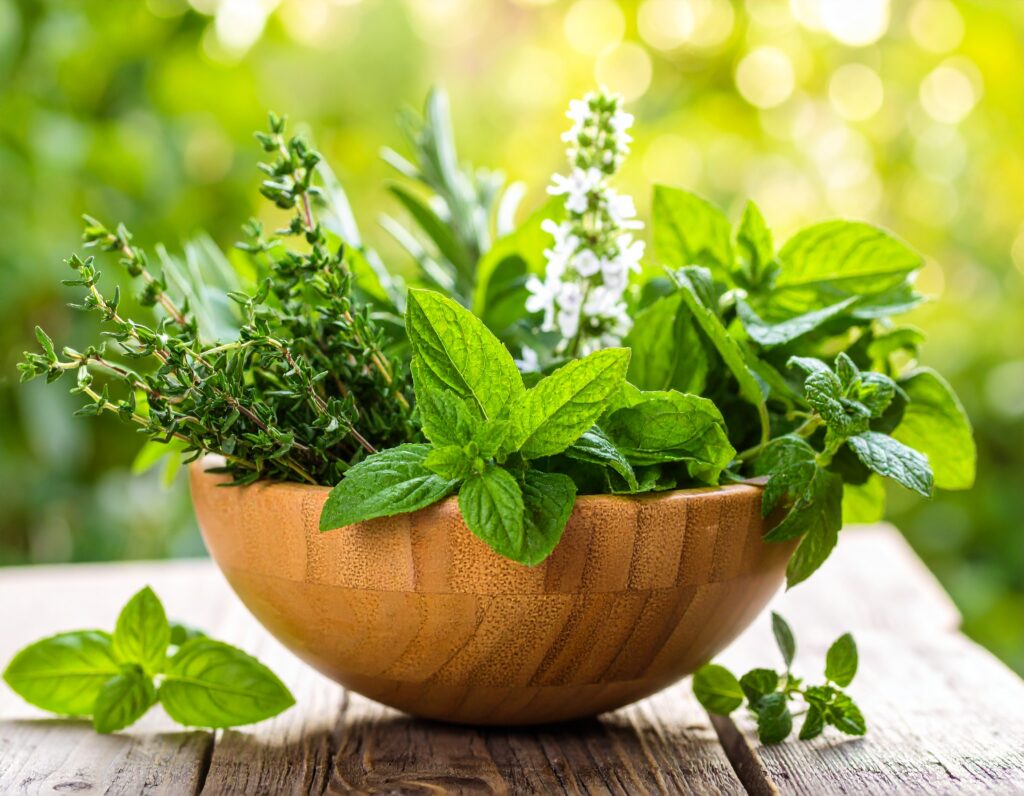In recent years, we have been witnessing a profound shift in the way we understand mental health. More and more therapists, scientists, clinicians, and people seeking deep healing are turning toward Plant Medicine—sacred plants that have been used for thousands of years by Indigenous cultures in the Amazon, Mexico, Africa, and Asia for emotional, physical, and spiritual healing. Substances such as Ayahuasca, Psilocybin, Iboga, San Pedro, and Peyote are undergoing a renaissance—not only in spiritual circles but also in the worlds of science and clinical psychotherapy.
A Crisis in Modern Psychiatry
Today’s dominant model of mental health care is largely based on pharmacology, particularly the widespread prescription of psychiatric medications such as antidepressants, mood stabilizers, anti-anxiety drugs, and antipsychotics. The numbers are staggering:
- Over 40 million American adults—about 1 in 6—are taking at least one psychiatric drug regularly.
- In the U.S., billions of doses of antidepressants are prescribed annually, and usage has increased by over 400% in the past 20 years.
- Meanwhile, the rates of depression, anxiety, suicide, and addiction continue to rise.
This raises a critical question: Is this truly working?
Mounting research and personal testimonies indicate that conventional psychiatric treatment doesn’t address root causes—it often merely suppresses symptoms. Psychotropic drugs act as emotional anesthetics: they numb the pain, but also disconnect us from our feelings, intuition, and inner voice.
An Epidemic of Mental Illness
We are facing a global epidemic of mental suffering—depression, anxiety, PTSD, burnout, addiction, and personality disorders. The World Health Organization (WHO) has identified depression as the leading cause of disability worldwide. Young adults, women, neurodivergent individuals, and trauma survivors are especially vulnerable. Mental health care systems are overwhelmed, under-resourced, and increasingly impersonal.
In this context, more and more people are seeking deeper, more holistic alternatives. And this is where Plant Medicine emerges as a powerful path.
Plant Medicine – A Return to the Roots of Healing
Sacred plants containing psychoactive compounds (such as DMT, psilocybin, or mescaline) have long been used as tools for insight, cleansing, and inner integration. Unlike conventional pharmaceuticals, they do not act from the outside in. Instead, they serve as catalysts for profound inner transformation, often helping individuals confront the root of their trauma, understand it, and release it.
These plants do not “fix” us—they activate the body’s natural capacity to heal. They reconnect us with our emotions, our bodies, our soul, and our innate wisdom. They offer access to dimensions of the psyche often unreachable through traditional talk therapy—particularly for those suffering from deep trauma, treatment-resistant depression, or addiction.
Science Confirms What Indigenous Traditions Have Known for Centuries
In the past decade, prestigious institutions in the U.S. and Europe have launched groundbreaking studies into the use of psychedelics in psychotherapy. The results are remarkable:
- MAPS (Multidisciplinary Association for Psychedelic Studies) is in Phase 3 clinical trials using MDMA for PTSD treatment—with results showing that 68% of participants no longer met PTSD criteria after just three sessions.
- Johns Hopkins University established a dedicated center for psilocybin research. In treating depression, the effects of a single session are often comparable to months of conventional therapy and medication.
- Universities such as UCLA, NYU, and Imperial College London have studied psilocybin, Ayahuasca, LSD, and DMT, all with consistent findings: high efficacy and safety when used in a therapeutic setting.
- In 2023, the FDA granted “breakthrough therapy” status to psilocybin treatment for treatment-resistant depression.
Why Plant Medicine Is the Future of Psychotherapy
- It addresses the root, not just the symptoms – helping individuals access and process the origins of trauma.
- It accelerates the healing process – many people report transformative breakthroughs after just one session.
- It offers a holistic experience – engaging the body, mind, emotions, and spirit in a unified healing journey.
- It restores autonomy and consciousness – empowering individuals to become active participants in their own healing.
- It supports spiritual reconnection – fostering a renewed relationship with nature, meaning, and life itself.
This is not about rejecting traditional psychotherapy, but about integrating the best of both worlds. Plant Medicine is not a “magic pill” but a powerful tool for transformation—especially when used with care, guidance, and therapeutic support.
The Role of Human Design and Gene Keys in Emotional Healing
Tools like Human Design and Gene Keys provide detailed, personalized insights into our emotional and psychological challenges. They reveal where we are most vulnerable to conditioning, what unconscious patterns drive our behavior, and how we tend to react under stress or fear. These patterns are encoded in our very DNA—passed down through generations and shaped by both biology and environment.
By studying these systems, we gain access to a precise inner map—a way to recognize our Shadows, understand their messages, and transform them into strength. They help us reframe our pain not as a flaw, but as a doorway to our unique Gifts and purpose. With this awareness, we can meet ourselves with compassion and consciously walk the path back to wholeness.
A New Paradigm of Healing
The future of psychotherapy is not about controlling or numbing our inner experience. It’s about reclaiming it.
It’s about depth, presence, and integration—not more prescriptions, but more consciousness.
Plant Medicine, combined with inner work tools like Human Design and Gene Keys, offers a revolutionary pathway—a return to our true self, to meaning, to life lived fully.
We don’t need to postpone our healing.
We’re ready to reclaim it.
